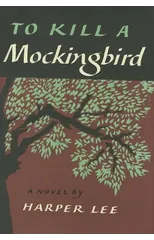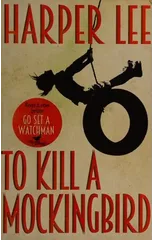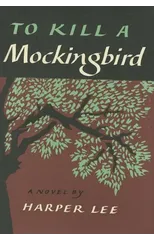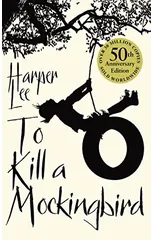Harper Lee's Pulitzer Prize-winning masterwork of honor and injustice in the deep South -- and the heroism of one man in the face of blind and violent hatred One of the best-loved stories of all time, To Kill a Mockingbird has been translated into more than forty languages, sold more than thirty million copies worldwide, served as the basis of an enormously popular motion picture, and was voted one of the best novels of the twentieth century by librarians across the country. A gripping, heart-wrenching, and wholly remarkable tale of coming-of-age in a South poisoned by virulent prejudice, it views a world of great beauty and savage inequities through the eyes of a young girl, as her father -- a crusading local lawyer -- risks everything to defend a black man unjustly accused of a terrible crime.
Harper Lee
Harper Lee was an American author best known for her novel "To Kill a Mockingbird," which was published in 1960 and won the Pulitzer Prize for Fiction in 1961. Lee's writing style is characterized by its simplicity and powerful storytelling, tackling themes of racial injustice and moral growth in the American South. "To Kill a Mockingbird" remains a classic of American literature and has had a lasting impact on the genre of Southern Gothic fiction. Lee's contributions to literature include shedding light on issues of racism and social inequality, and her work continues to be studied and celebrated for its timeless relevance.






